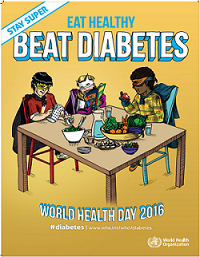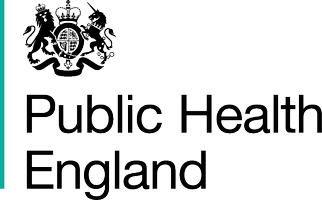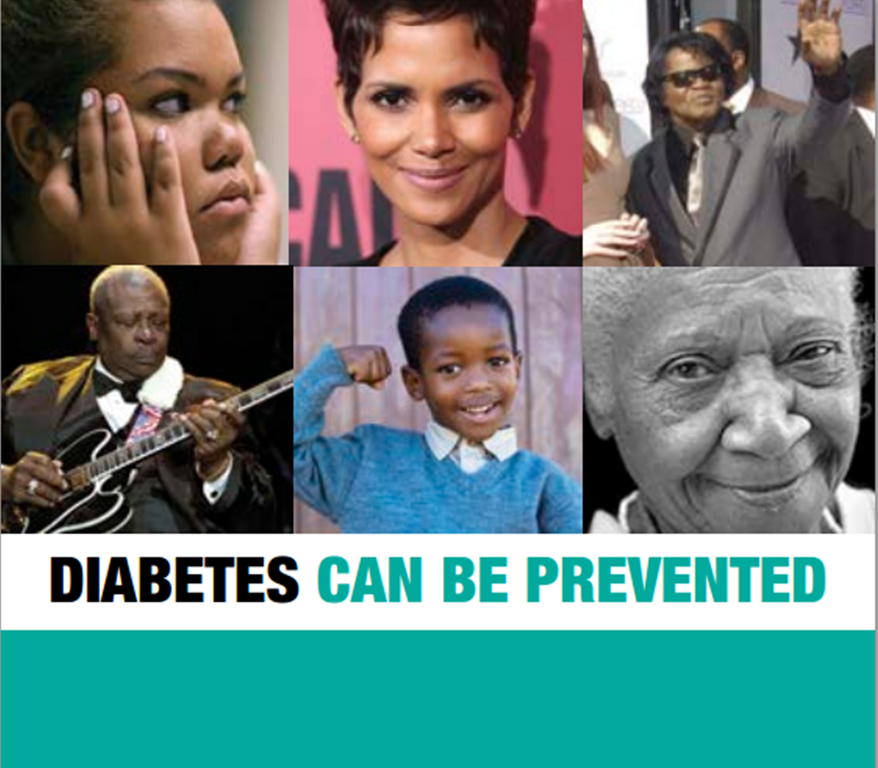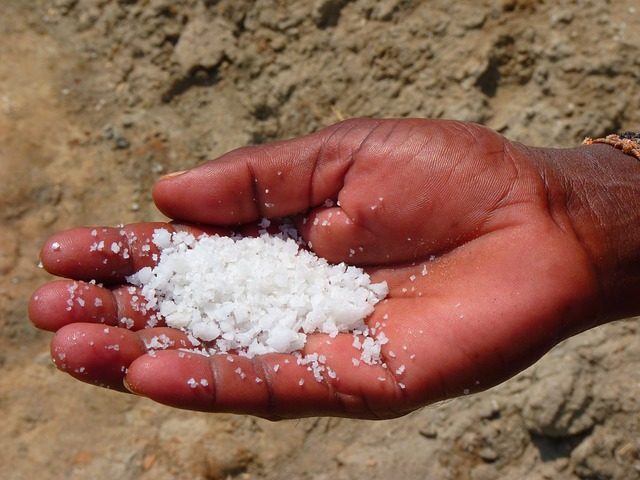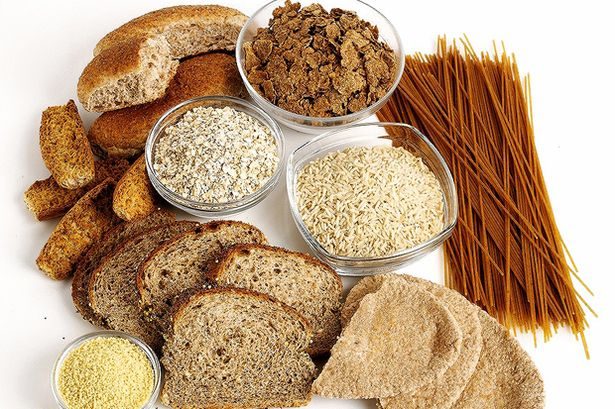Today is World Health Day!
It’s World Health Day today and the theme is ‘Beat Diabetes’ with the World Health Organisation calling for global action to halt the rise in and improve care for people with diabetes.
The WHO reports that the number of people living with diabetes has almost quadrupled since 1980 with 422 million adults worldwide living with this condition.
As part of WHO’s work to tackle diabetes, they have published their first global report on diabetes. The report calls on governments to develop strategies that would enable their citizens to make healthy choices and to ensure that health systems are effective enough to diagnose diabetes early and care for people with the condition. It also encourages everyone to make the personal decision and commit to living a healthy lifestyle, so eating healthily, being physically active and maintaining a healthy weight, all of which can reduce risk of developing diabetes.
Diabetes is more common in the black community and it’s very important for the black community to pay attention today and follow all the advice being issued by organisers of the Beat Diabetes campaign – eat healthily; be active; if in doubt, get checked; and if you have diabetes, follow a treatment plan so you can live well.
You can download WHO’s full report below.







